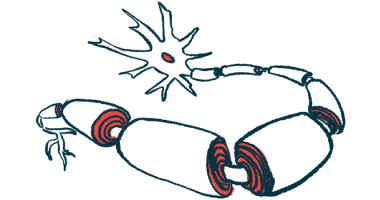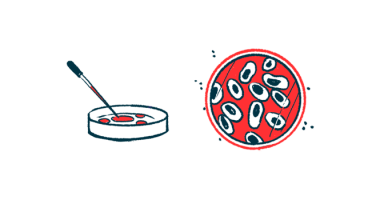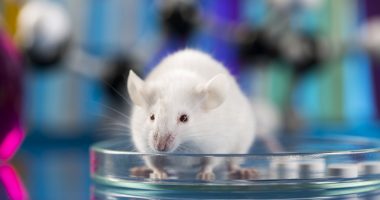AviadoBio acquires rights to gene therapies’ new delivery technology
New approach involves injecting therapy into membrane surrounding spinal cord

AviadoBio has entered into a worldwide exclusive agreement to develop and commercialize Neurgain Technologies’ new technique to deliver gene therapies for diseases that affect the spinal cord.
The approach will be used at first to deliver AviadoBio’s investigational gene therapies for amyotrophic lateral sclerosis (ALS). It involves a subpial injection (under the membrane that surrounds the spinal cord, or pia mater) that doesn’t require direct spinal cord tissue needle penetration.
The technology can potentially deliver therapeutic agents directly to the central nervous system (the brain and spinal cord), overcoming the barriers that limit therapies’ entry into these tissues, to be a one time only, minimally invasive procedure.
“Subpial delivery has the potential to allow significantly lower doses of gene therapy to be delivered to patients, potentially reducing safety concerns whilst providing broad biodistribution,” Christopher Shaw, chief scientific and clinical advisor at AviadoBio, said in a press release. “We look forward to leveraging subpial technology to advance gene therapies for people with neurological diseases such as ALS.”
ALS is a progressive neurodegenerative disorder marked by the loss of motor neurons, the nerve cells that control voluntary movements. This leads to a range of symptoms, such as muscle weakness, trouble swallowing, and difficulty breathing.
Potential of subpial delivery for ALS gene therapies
There are several treatments that can slow disease progression and extend survival in ALS, but no available therapy can cure the disease or reverse motor neuron death, making for a high unmet need for more effective therapies.
Because faulty proteins accumulate and form toxic clumps inside motor neurons, an approach to treating ALS is to use gene therapies that deplete the genes that code for these proteins.
The current methods of administering these therapies to treat diseases of the central nervous system are either invasive or are not directed to the brain and spinal cord, however. A subpial delivery could help address that by bringing the treatment to the spinal cord in a minimally invasive manner.
Preclinical data from Neurgain has shown that a single subpial injection in pigs could effectively deliver an ALS therapy to the entire spinal cord. The company is developing an RNA molecule that’s designed to stop protein production from the SOD1 gene, which is mutated in up to 20% of familial ALS cases and up to 2% of cases of sporadic ALS.
In mice, a single subpial injection of the SOD1 silencing molecule significantly blocked the death of motor nerve cells and prevented the disease’s progression. This approach represents the most potent therapy ever demonstrated in mouse models of ALS caused by SOD1 mutations, according to the company.
AviadoBio will now use the same subpial delivery approach in its pipeline of ALS gene therapies.
“With AviadoBio’s expertise in neurodegenerative diseases, gene therapy development, and neurosurgical drug delivery, this agreement will allow us to potentially bring transformative treatments to people with neurological diseases like ALS,” said Martin Marsala, Neurgain’s co-founder and chief scientific officer.
The technology can also be extended to other diseases of the spinal cord.
“We are taking a neuroanatomy-led approach to drug delivery, which should have utility beyond ALS and across neurological diseases that involve the spinal cord. Whether through our own research and development efforts or through partnerships, we want to enable all possibilities to deliver effective treatments to patients,” said Lisa Deschamps, CEO at AviadoBio.







